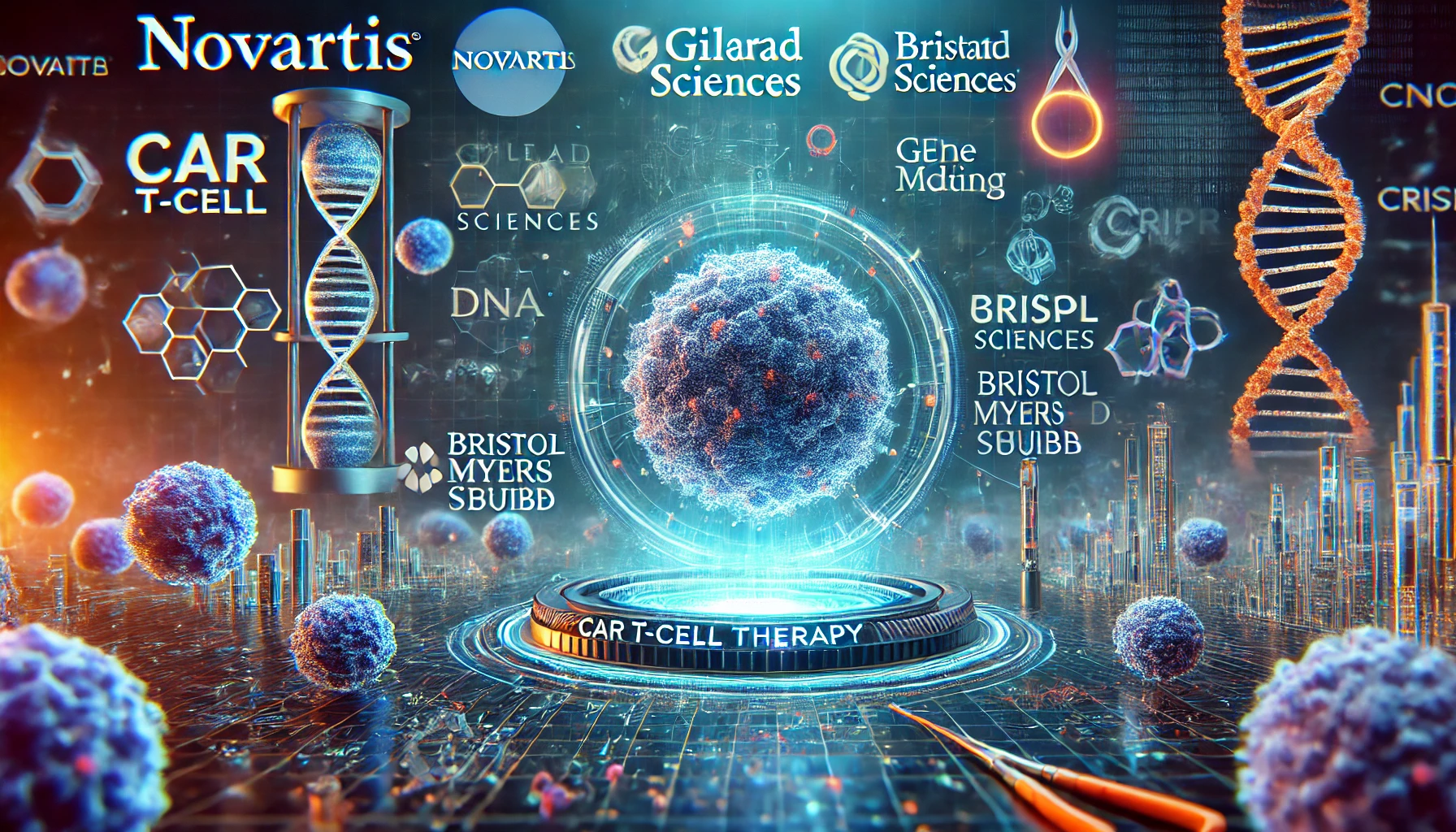As an investor in the CAR T-cell therapy sector, understanding the market dynamics, growth projections, competitive landscape, and technological innovations is crucial. Below are key insights into these areas:
What Is the Current Market Share and Adoption Rate of Each CAR T-Cell Therapy?
As of 2024, the global CAR T-cell therapy market was valued at approximately USD 1.75 billion, with projections indicating growth to USD 88.52 billion by 2032, reflecting a compound annual growth rate (CAGR) of 29.80% during this period.
The market comprises several FDA-approved therapies, each targeting specific cancer types:
Kymriah (tisagenlecleucel): Developed by Novartis, Kymriah was the first CAR T-cell therapy approved by the FDA in 2017 for certain types of large B-cell lymphoma and acute lymphoblastic leukemia.
Yescarta (axicabtagene ciloleucel): Produced by Gilead Sciences' Kite Pharma, Yescarta received FDA approval in 2017 for large B-cell lymphoma.
Breyanzi (lisocabtagene maraleucel): Offered by Bristol Myers Squibb, Breyanzi was approved in 2021 for relapsed or refractory large B-cell lymphoma.
Abecma (idecabtagene vicleucel): Also from Bristol Myers Squibb, Abecma gained FDA approval in 2021 for multiple myeloma.
Carvykti (ciltacabtagene autoleucel): Developed by Legend Biotech in partnership with Johnson & Johnson, Carvykti was approved in 2022 for multiple myeloma.
Tecartus (brexucabtagene autoleucel): Another therapy from Gilead's Kite Pharma, Tecartus received FDA approval in 2020 for mantle cell lymphoma.
Each therapy's adoption rate varies based on factors such as efficacy, safety profiles, manufacturing capabilities, and specific cancer indications.
What Are the Growth Projections and Trends for CAR T-Cell Therapies Over the Next 5-10 Years?
The CAR T-cell therapy market is poised for significant growth, with projections indicating an increase to USD 88.52 billion by 2032, at a CAGR of 29.80% during this period.
This growth is driven by factors including:
Expanding Indications: Ongoing research is broadening the application of CAR T-cell therapies beyond hematological malignancies to solid tumors and autoimmune diseases.
Technological Advancements: Innovations in manufacturing processes are reducing production times and costs, enhancing accessibility.
Regulatory Approvals: An increasing number of approvals across various regions are facilitating market expansion.
What Are the Competitive Advantages and Differentiators Among Leading CAR T-Cell Therapies?
Key differentiators among CAR T-cell therapies include:
Efficacy and Safety Profiles: Variations in response rates and side effect profiles influence clinical decisions and patient outcomes.
Manufacturing Processes: Advancements such as Bristol Myers Squibb's NEX T manufacturing platform aim to reduce production times and improve product quality.
Target Antigens: Different therapies target specific antigens (e.g., CD19, BCMA), affecting their applicability to various cancer types.
What Are the Latest Technologies and Innovations from Major Players in the CAR T-Cell Therapy Market?
Leading companies are investing in various innovations:
Pfizer, Inc.: Engaged in developing next-generation CAR T-cell therapies with enhanced safety and efficacy profiles.
Cellectis: Pioneering gene-editing technologies to create allogeneic (off-the-shelf) CAR T-cell products, potentially increasing accessibility.
Caribou Biosciences, Inc.: Utilizing CRISPR technology to develop precise genome-edited CAR T-cell therapies.
Celyad Oncology: Focusing on innovative approaches to improve the safety and efficacy of CAR T-cell therapies for solid tumors.
Merck & Co., Inc.: Investing in research to enhance CAR T-cell therapy effectiveness and exploring combination therapies.
Celgene Corporation (a subsidiary of Bristol Myers Squibb): Developing multiple CAR T-cell therapies targeting various cancers, with a focus on improving manufacturing processes.
Juno Therapeutics, Inc. (a subsidiary of Bristol Myers Squibb): Advancing a pipeline of CAR T-cell therapies with novel targets and improved safety mechanisms.
Sorrento Therapeutics, Inc.: Working on next-generation CAR T-cell therapies and exploring their use in solid tumors.
Bluebird Bio, Inc.: Developing CAR T-cell therapies with a focus on severe genetic diseases and oncology.
Gilead Sciences, Inc. (Kite Pharma Inc.): Enhancing manufacturing efficiency to reduce production times and costs, aiming to deliver personalized cancer therapies more quickly.
Cartesian Therapeutics, Inc.: Developing RNA-engineered cell therapies, including CAR T-cell therapies, for various indications.
Bristol-Myers Squibb: Implementing the NEX T manufacturing platform to develop CAR T-cell therapies in a shorter amount of time with increased product quality.
Miltenyi Biotech: Providing tools and technologies to support the development and manufacturing of CAR T-cell therapies.
For more information visit at MarketDigits
Other Trending Reports



